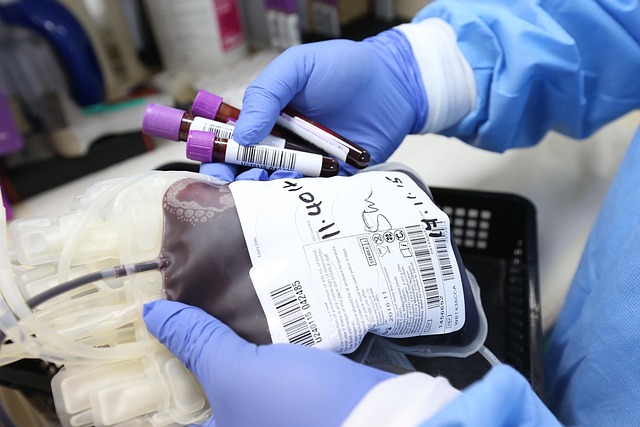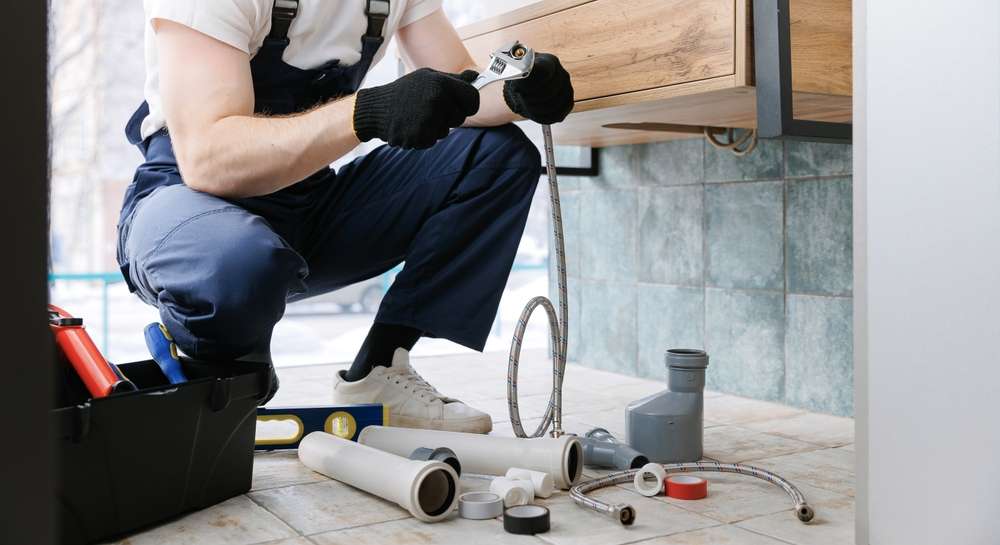Food Choices That May Help Manage an Overactive Bladder
Diet can play a role in managing an overactive bladder. Choosing foods that are gentle on the bladder, staying hydrated with water, and avoiding common irritants like caffeine or spicy dishes may support better comfort and bladder health over time.

Bladder-Friendly Foods to Include in Your Diet
A diet rich in certain foods may help reduce bladder irritation and support overall urinary health. Non-acidic fruits like pears, bananas, and watermelon are generally well-tolerated. Vegetables such as sweet potatoes, winter squash, and green beans provide essential nutrients without irritating the bladder. Whole grains like quinoa and rice, along with lean proteins such as chicken and fish, can form the basis of bladder-friendly meals.
Foods and Beverages to Avoid for Bladder Health
Several common foods and drinks may trigger bladder symptoms. Caffeinated beverages, including coffee, tea, and sodas, can increase urinary urgency. Acidic fruits like citrus and tomatoes might irritate the bladder lining. Spicy foods, artificial sweeteners, and alcohol are also known bladder irritants. Being mindful of these triggers and limiting their consumption may help reduce symptoms.
Smart Hydration Strategies for Bladder Control
While staying hydrated is essential, how and when you drink matters. Aim to consume most fluids during the day rather than evening hours to minimize nighttime bathroom visits. Water should be your primary beverage, targeting about 6-8 glasses daily. Consider timing fluid intake around activities and gradually adjusting consumption patterns to find what works best for your schedule.
Simple Meal Ideas for Bladder Comfort
Creating bladder-friendly meals doesn’t have to be complicated. For breakfast, try oatmeal with banana and almond milk. Lunch could include a quinoa bowl with grilled chicken and steamed vegetables. Dinner options might feature baked fish with brown rice and roasted sweet potatoes. Keep portions moderate and eat at regular intervals to maintain consistent bladder patterns.
Tips for Maintaining a Bladder-Friendly Diet
Success with a bladder-friendly diet requires planning and consistency. Keep a food diary to identify personal triggers and safe foods. Prepare meals at home when possible to control ingredients. Consider batch cooking bladder-friendly meals for convenience. Remember that dietary changes may take several weeks to show improvement in symptoms.
Recommended Supplements and Natural Aids
Several natural supplements may support bladder health, though effectiveness varies by individual. Consider these common options:
| Supplement | Potential Benefits | Typical Daily Dose |
|---|---|---|
| Pumpkin Seed Extract | May support urinary function | 500-1000mg |
| Magnesium | Can help with muscle function | 300-400mg |
| Vitamin D | Supports pelvic floor health | 600-800 IU |
Prices, rates, or cost estimates mentioned in this article are based on the latest available information but may change over time. Independent research is advised before making financial decisions.
Making mindful food choices can play a significant role in managing overactive bladder symptoms. While dietary modifications alone may not completely resolve bladder issues, they can be an important part of a comprehensive management strategy. Remember that individual responses to foods vary, so what works for one person may not work for another.
This article is for informational purposes only and should not be considered medical advice. Please consult a qualified healthcare professional for personalized guidance and treatment.




